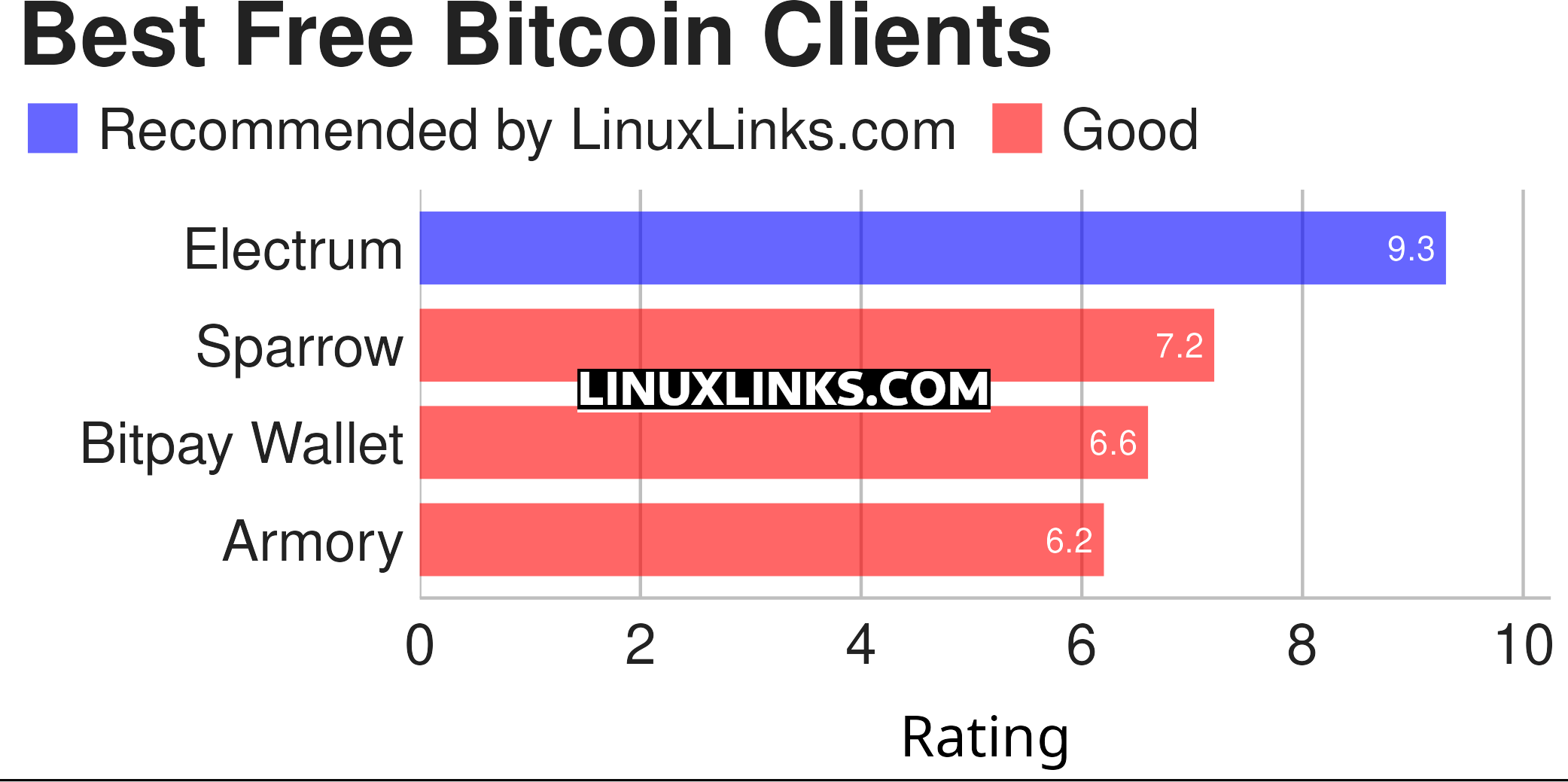Bitcoin is a decentralized peer-to-peer payment system and digital currency that is powered by its users with no central authority, central server or middlemen. Instead, managing transactions and issuing money are carried out collectively by the network. Bitcoin is controlled by all Bitcoin users around the world.
Bitcoin is a digital currency that enables instant payments. It offers a path to lower payment processing and more secure transaction. It has often attracted attention for its popularity in black markets, and for its volatility in its value. However, there is a growing number of organizations and individuals that use Bitcoin for mainstream transactions, attracted to the lower payment processing charges, and the ability to receive micropayments, payments much smaller than what the traditional financial system can handle.
In exchange for its low-cost peer-to-peer system, Bitcoin’s network contains no recourse if bitcoins are lost or hacked. Consequently, security is a vital concern with Bitcoin. How to store Bitcoins is therefore a very important decision for a Bitcoin user to make. Desktop bitcoin clients offer a reasonably secure and advanced way to store. Bitcoin supports native wallet encryption so that people who steal your wallet file do not obtain access to your Bitcoins.
Here’s our verdict captured in a legendary LinuxLinks-style ratings chart. Only free and open source software is eligible for inclusion.

Click the links in the table below to learn more about each program.
| Bitcoin Clients | |
|---|---|
| Electrum | Lightweight, easy to use, open source client |
| Sparrow | Modern desktop Bitcoin wallet application supporting most hardware wallets |
| Bitpay Wallet | Bitcoin and other crypto currencies wallet platform |
| Armory | Wallet management with cold storage and multi-signature support |
This article has been revamped in line with our recent announcement.
You’ll also want to check out Bitcoin Core, software which is programmed to decide which block chain contains valid transactions. The users of Bitcoin Core only accept transactions for that block chain. Bitcoin Core checks each block of transactions it receives to ensure that everything in that block is fully valid—allowing it to trust the block without trusting the miner who created it.
 Read our complete collection of recommended free and open source software. Our curated compilation covers all categories of software. Read our complete collection of recommended free and open source software. Our curated compilation covers all categories of software. Spotted a useful open source Linux program not covered on our site? Please let us know by completing this form. The software collection forms part of our series of informative articles for Linux enthusiasts. There are hundreds of in-depth reviews, open source alternatives to proprietary software from large corporations like Google, Microsoft, Apple, Adobe, IBM, Cisco, Oracle, and Autodesk. There are also fun things to try, hardware, free programming books and tutorials, and much more. |

An increasing number of businesses have begun to accept Bitcoin as payment as it goes mainstream, including US mobile operator AT&T, Microsoft and even Wikipedia.